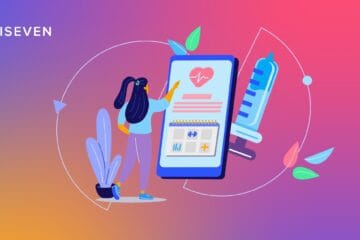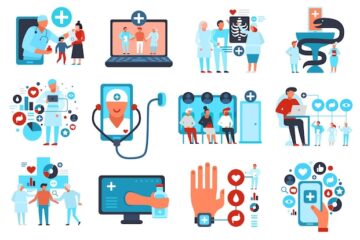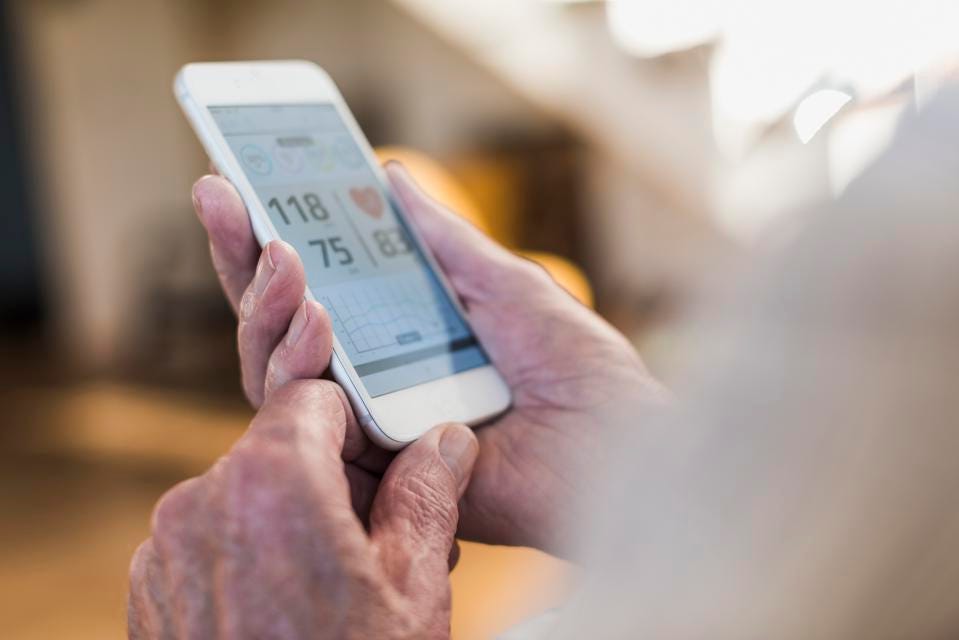UK health secretary Jeremy Hunt plans for NHS-approved health apps to play a role in patient records and healthcare have already spawned a rash of privacy concerns.
The NHS.UK site will have a new collection of NHS-approved health apps to guide patient choice. Data from health apps and wearable activity trackers such as Fitbits will feed directly into people’s personal health records.
NHS England will approve a library of apps so people can have confidence in the technology that they are using to manage their healthcare, as explained in a Department of Heath statement. The decision last year to shelve the NHS’ Apps Library amidst security and more general criticisms of the software on offer hardly inspires confidence on this front. Health ministers – unbowed by this set-back – are determined to prescribe more technology.
“We are going to make very big moves in the next 12 months into apps and wearables,” Hunt said, as the BBC reports.
“I wear a Fitbit; many people use apps. What is going to change with apps is the way that these apps link directly into our own medical records. And by March next year NHS England are going to publish a library of approved apps in areas like mental health and chronic conditions like diabetes,” said the Health Secretary.
Infosec experts responded cautiously to the development, pointing out the potential security and privacy problems that might lie ahead.
“Creating a truly digital NHS requires both investment in the latest apps and wearables alongside a rigorous security policy to give patients and healthcare professionals complete assurance that their data is secure,” said Paul Farrington, EMEA solution architects manager at Application security specialists Veracode.
“This is a bold initiative from our world class health service and one which will undoubtedly provide more personalised and efficient healthcare to millions, but there are inevitable risks around privacy and security which must be tackled from the outset.”
“With apps becoming ubiquitous in our daily lives, hackers are increasingly seeking to exploit coding vulnerabilities to steal identities and personal information. That’s why it’s vital that our NHS ensures approved apps for both patients and professionals are thoroughly tested and secure to enable confidence in the service’s digital journey.”
Contents
Going digital
The relaunched NHS Choices website will allow patients to book appointments, views medical records and order prescriptions as part of longs standing and delayed plans to move towards a paperless NHS. The services, which will be available from the end of next year (2017). The existing NHS 111 non-emergency phone line service will be expanded to include a new online ‘triage’ service for less serious health problems. Patients will be able to enter their symptoms online and get tailored advice or a call-back from a healthcare professional.
Tony Pickering, professional services director of Ricoh UK, said: “Providing patients with instant access to healthcare records through approved apps and wearables is a positive step towards a paperless NHS. But this initiative must be supported by a wider strategy designed to improve the management of health records, safely and securely.
“Accelerating the digitisation of paper-based records, designing improved sharing processes and new ways of working should all be top of the health secretary’s to do list,” he added.
More on the UK government’s plans to improve healthcare using data and technology can be found in a post by Professor John Newton, interim chair of the National Information Board, here.
[Source:-The Register]



